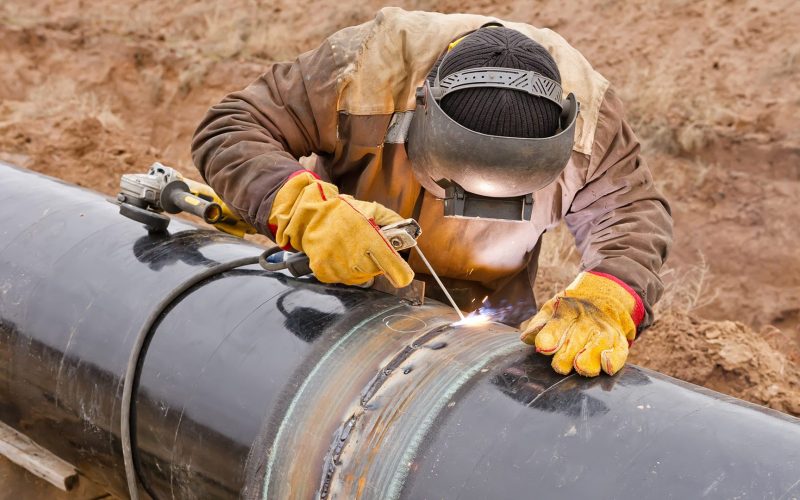THE VOICE FOR THE ENERGY CONSUMER

[bq]”By permitting the New Market Project, New York will see an influx of private investment, tax dollars, and much-needed job creation.”[/bq] Why does Gov. Coumo continue to stand in the.

Gene Barr, the president and CEO of the PA Chamber of Business and Industry, recently discussed the importance of pipelines to bring new economic opportunities to Pennsylvania. If job creators.

Consumer Energy Alliance weighed in on the need for more pipeline infrastructure in New England to help lower energy costs for families and small businesses. Likewise, the consumer advocacy group.

CEA’s Mike Butler wrote about the importance of pipelines, such as Mariner East 2, in the context of economic development and conservation. With more than 400,000 members nationwide, Consumer Energy.

Consumer Energy Alliance’s Know the Value campaign was recognized by the Colorado Farm Bureau. That’s why Consumer Energy Alliance (CEA) recently launched a campaign called “Know the Value,” which aims.

A new report was recently released by the Association of Oil Pipelines, examining the safety record of the the country’s 207,800+ miles of liquids pipelines which deliver crude oil, refined.
CEA’s David Holt was quoted in coverage over the recent Supreme Judicial Court decision that will place an undue financial burden on energy consumers. David Holt, the president of the.

David Holt was featured in the Daily Caller on the implications the “Keep It In the Ground” movement will have on the prices consumers pay for energy and the construction.
Marcellus Drilling News covered the recently launched Pipelines for America campaign. With the low price of natural gas and oil currently in place–and not letting up any time soon–the frenzy.
Consumer Energy Alliance’s recently launched Pipelines for America campaign was covered by The Bakken Magazine. “The politics of ‘no’ has become so pervasive in our country right now that it’s.